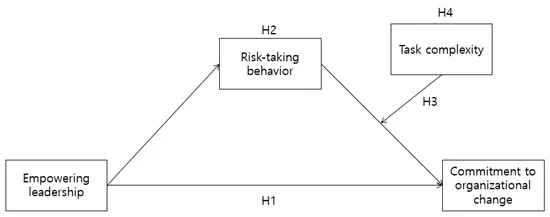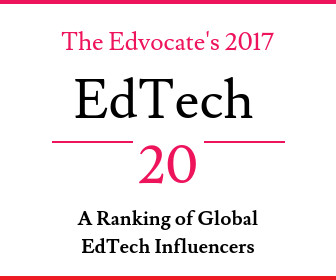An Ethical Framework for Leadership Practice
The ethical framework referred to in the title of this column was developed by Shapiro and Stefkovich is based on ethical reasoning in educational leadership. It is aimed at guiding the decision-making of principals, as they confront unfamiliar, complex situations in their schools. They suggest four approaches to the understanding of ethics, which are known to influence school leaders. These include the perspectives of justice, care, critique, and the ethics of the profession. These four aspects reflect the focus of administrators as they make decisions. In order to illustrate them, we will describe each ethical stance, and the problems related to the delivery of education by administrators in public schools.
The first ethic, justice, concerns issues related to individual rights and laws. In decision-making based on this perspective, administrators should pose the following questions: Does a law, right, or a policy that relates to this particular case exist? If it does exist, should it be enforced? And finally, if there is no law, right, or policy, should there be one?
The critique ethic is responsible for keeping educators sensitive to the inequities of social class, race, disability, gender, and other differences that occur in the school community. When making decisions based on this perspective, school administrators should consider the following: Who makes the rules, laws or policies? Who benefits from them? Who has the power to enforce? Lastly, he or she should find out whose voices are silenced in the debate.
The care ethic challenges school decision-makers to address certain values such as loyalty and trust. It calls for school leaders to show care, concern, and connection with stakeholders in solving moral dilemmas. The questions to be asked in this perspective are: Who is likely to benefit from what I decide? Who will I hurt by my actions? What are the overall long-term effects of the decision I make today? Finally, if someone helps me now, what should I do in the future to give back to this person, or to society in general?
Shapiro and Stefkovich state that the ethic of the profession considers “the moral aspects unique to a profession and the questions thereof that arise from educational leaders becoming more aware of their own personal and professional codes of ethics.” In decision-making by school leaders from this perspective, they should ask the following questions: What does the profession expect me to do? What would my community expect me to do? And what should I do that serves the best interests of the students, who are diverse in their composition and needs?
Utilizing this professional ethics perspective enables school leaders to become critical, logical thinkers, who consider practical outcomes and the effects of their decisions before they are made. The questions posed above are relevant to school leaders in addressing issues related to social justice, education of students with special needs, and to performance and resource inequities in their schools. Working within this ethical framework leads to more effective leadership, and in turn, a better overall school environment.






